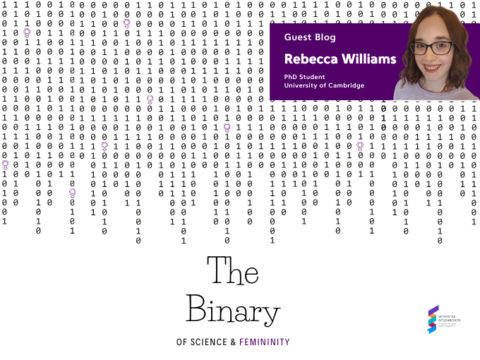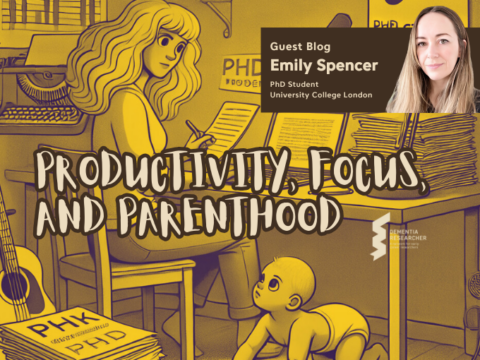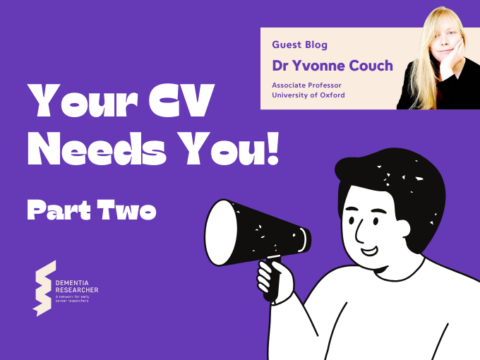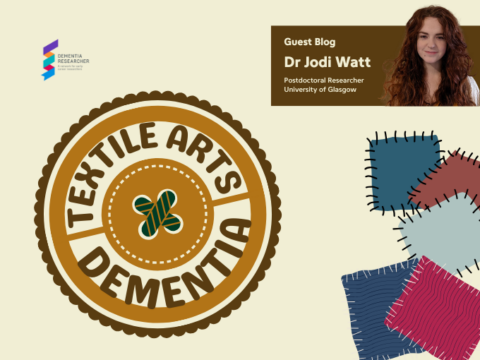Well, it’s that time of year again. Up here in Newcastle we’ve already been snowed in, we’re a week deep in advent calendar chocolates and we’re all hopefully cou8nting down to an extended and well-deserved Christmas break.
As 2023 is ending and this marks my first full year writing for Dementia Researcher, I wanted to reflect on the year with an honest account of the highs and lows both professionally and some more personal. The year for me has been a bit of a roller coaster, mostly good however there are points this year I won’t be looking back on fondly. Whether the year brings us success or challenges I think it is good to acknowledge the big events in our lives as I don’t think any of us have a linear climb up the greasy pole of research. So, let’s get into it!
The year kicked off well for me. I had my first success in gaining my own meaningful funding, an NIHR Applied Research Collaboration (ARC) Fellowship. As the name implies this fellowship funded jointly by NIHR and the Alzheimer’s society aims to build capacity of applied dementia researchers. Currently there are over 50 fellows across the UK working on a hugely diverse range of applied dementia research from social care research, health economics to my own research in epidemiology for dementia prevention. In 2024 I’ll be coming up the halfway point, so far it has been very exciting to explore my own research interests and have the space to think about where it can be taken further.
It has also been a relatively successful year in publications. In 2023 along with researchers around the country we have had 2 research articles on the effect the COVID-19 pandemic had on loneliness in older people and the use of technology by older people, along with a great review on findings from the CFAS epidemiological neuropathology cohort.
AAIC came back to Europe this year in Amsterdam. Last year in San Diego was hard to beat, but I think this was the best conference experience I’ve had in my career. This is really the first time I have been to an international conference where the leg work of networking from past years paid off, there were familiar names on the attendees list, I bumped into people I recognized and had time to catch up with friends made from the previous year. We also went to AAIC together as a research group from Newcastle which was a great bonding experience. And of course, it was my first time in Amsterdam and had a great time exploring a beautiful city.
In person teaching came back into my role at Newcastle for the first time since 2019. After being disrupted by 2 years of social distancing and then strike action I almost forgot how good it felt to get back into a room with students, teach and have some interesting discussions about the epidemiology of ageing. I took for granted how much I enjoy teaching in person, I found myself being more nervous about it than I have in years, but the adrenaline and buzz afterward was irreplicable.
For most of the year I continued my role as deputy leader of EDI for the Population Health Sciences institute at Newcastle. One of the proudest points in the year was when our period poverty initiative, providing free menstrual products to any staff or students was recognised and praised by our faculty executive.
I was very happy this year to receive a bonus and pay rise for my contribution to research at Newcastle this year. Research can often feel lonely and thankless, so receiving recognition in that way meant a lot to me.
Finally, there have also been some high points in my personal life this year. I went on my first holiday in 11 years! Saying it was overdue would be a huge understatement and looking forward to spending some more time with cocktails and sun loungers in the new year.
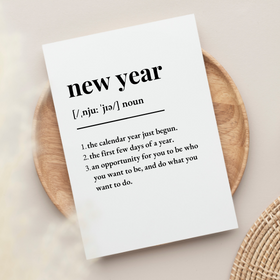
As you prepare for 2024, focus on setting realistic and achievable goals. Reflect on your past experiences, both successes and challenges, to inform your plans. Remember, balance is key – prioritise your well-being alongside professional aspirations to ensure sustainable progress throughout the year.
I managed to somewhat keep to my new year resolution of keeping a journal, both personal and research. Something which I am going to continue. This year I’ve also pushed myself to do more culturally, I spent years a musician through school and college music is something I have lost touch with. This year I have managed to take in two Opera’s (Carmen and Madame Butterfly) and a string concert.
And two of the biggest highlights of 2023 have been seeing my all-time favourite artist Florence and the Machine and the culturally iconic moment of the Beyonce Renaissance tour.
The year has by no means been plain sailing, both in terms of research work and events in my personal life. Firstly, early in the year I had applied for promotion and was unsuccessful, no matter how much I prepared myself that it wasn’t likely it was still a blow to my confidence and took longer than I expected to really pick myself back up. The biggest change to my research life happened very recently. My ex-PhD supervisor, line manager and mentor Professor Fiona Matthews recently left Newcastle to take up the role of Pro Vice Chancellor of research at Hull University. I was thrilled for her to be taking such a great position, however selfishly it has felt like a professional bereavement and I’m still coming to terms with working life without that close working relationship.
I’ve also had setbacks with some of my extracurricular work in EDI. Over the past few months, I have been taking a step back from the role as my fellowship work, picking myself up from the promotion set back and disrupted personal life was making the commitment too stressful to maintain. I made the decision to step back from EDI to really prioritise my research. With all these issues I think it helps to be honest about how they make us feel and that it’s ok that sometimes by challenging ourselves it gets the better of us sometimes. Although these have been difficult and have been a blow to my confidence, I think over time it can be helpful to use low points to reprioritise what is important to you at the time and regroup to go forward more confident than before.
2023 has also been a rocky year personally. I separated from my partner of seven years, which at the time I told myself had no bearing on my research but really that was a fantasy. I was stressed, unconfident, distracted and found myself reconsidering how I managed my work to fit around commitments which were no longer shared. Something as simple as taking care of the dogs while working full time became a challenge. Adapting to a new financial position put a strain on giving full attention to work.
My family was devastated by two unexpected deaths this year which took and are still taking time to grieve.
I still find myself wondering while writing this blog, are these appropriate things to talk about? However, one thing that drives me crazy is when we read things about people career and all the bad things are edited out and we end up with an unrealistic picture of what a year in research looks like. Sometimes life hits us hard and to me it seems pointless to pretend big changes in our lives don’t affect our work, or at least it would be dishonest to say they didn’t affect mine.
Life is unexpected and uncertain, and as we all know career in research also comes with plenty of uncertainty and we often must adapt to new circumstances. Its ok to look back on a year that kicked your ass. If we are kind to ourselves and use the setbacks to regroup and reassess what we need to do to be successful in whatever way that might look like.
On reflection of the year it’s easy to see those big glaring setbacks staring back, however in =writing everything down its reassuring to see much more in the column to be proud of than in the column to be disappointed in, and even some of those in hindsight is something to look back and say I was knocked back but got back up and kept going.
I hope hearing about some of my wins and more importantly my losses this year it can help you put your own career this year in some perspective. If you’ve had a year filled with success then I’m celebrating right there with you, and if things haven’t gone great then I’ve been right there in the gutter with you this year!
Hope all you Dementia Researcher listeners have a wonderful Christmas and loads of success in the new year!
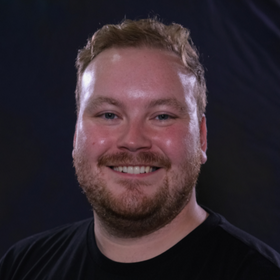
Dr Connor Richardson
Author
Dr Connor Richardson is a Neuro-epidemiology Research Associate in the Newcastle University Population Health Sciences Institute. Connor is the research statistician for the Cognitive Function and Ageing studies (CFAS) multi-centre population cohort. His research interest lies in using advanced statistical modelling and machine learning to measure dementia risk. Connor blogs about his research, Equality, Diversity and Inclusion and sometimes his Pomapoo’s.

 Print This Post
Print This Post

